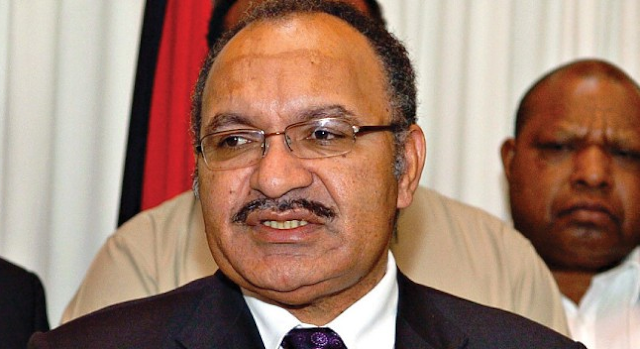PNG’s frightening fiscal figures

by PAUL FLANAGAN The PNG Government released its Mid-Year Economic and Fiscal Outlook ( MYEFO ) on Monday – the update on the 2015 budget. The estimated budget deficit for 2015 blows out from an already high budgeted 4.4% of GDP to 9.4%. This would be the highest in PNG’s history. Public debt levels are expected to skyrocket from the earlier estimate of 27.8% of GDP to 41.3%. In Australia, such a rapid change in the estimated fiscal position would go well beyond being termed “a budget crisis”. PNG’s official figures are much worse than at the time of PNG’s last economic crisis at the end of the 1990s (see graph below). PNG expenditure and revenues as a share of GDP – with updated figures from 2015 MYEFO Note: The gap between the lines indicates the size of the government deficit or surplus. Both lines exclude grants (aid). The drivers for the rapid deterioration in PNG’s fiscal situation are the fall in international commodity prices, a growth slow down as well


